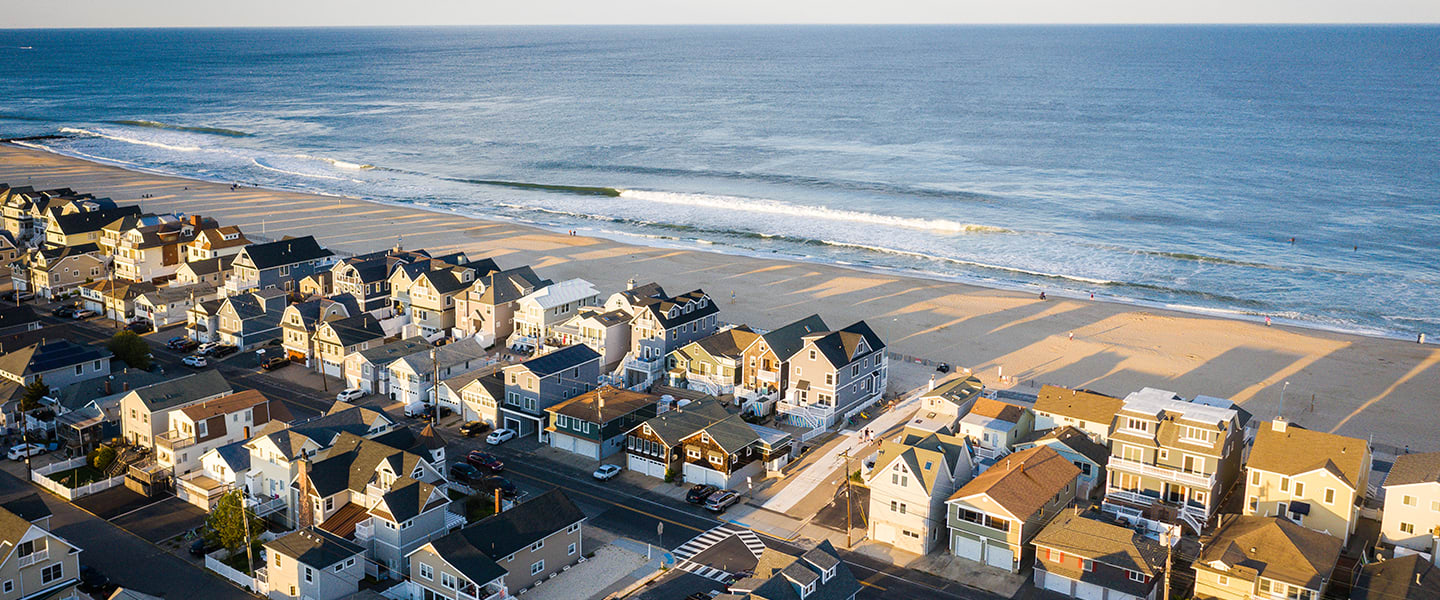Residential Care Home in New Jersey

Overview of Residential Care Home in New Jersey
Despite being known as the “Crossroads of the East,” New Jersey has a lot to offer seniors looking for a place to settle down.
The median monthly cost of a care home in New Jersey is about $3,000. However, the cost of living in a care home depends largely on location. Since the homes are private residences, costs are tied to real estate value and therefore may vary greatly.
Top-rated Residential Care Home facilities in New Jersey
La Paula Manor
The answer for me is simple. La Paula deserves a 5 star rating in every category, Due to my mom's dementia, she can be moody or quiet, but the hard-working, caring staff puts sincere effort into motivating...
Colonial Manor Hackettstown
5 for all. Colonial Manor Hackettstown is a great place that is clean and has friendly staff members. They also have great food and we would absolutely recommend this community to other families who may need...
La Paula at Main
My mom was at LaPaula for six months. [date removed] until [date removed] Prior to living at LaPaula she lived alone. The group setting was great for her socially. They eat three meals together every day....
Top-rated Residential Care Home facilities in Jersey City
See top facilitiesThe Society House
Highly recommend, especially with the new owners-[names removed]. They are wonderful! My mom is 70 years old with Parkinson's & despite her confusion at times, she feels right at home & loves the staff!
Amity Spring Home For Adults
From the time I visited Amity Springs, I was impressed by the home's elegant interior. The environment was very welcoming and it felt like home. The care and kindness shown towards my mother was simply...
Horizon Manor South Residential Healthcare Facility
The place is nice and clean but there are some issues with the morning staff. The owner is very old and is afraid to talk to them so they do whatever they want; they are rude and very disrespectful not only...
Top-rated Residential Care Home facilities in Paramus
See top facilitiesThe Society House
Highly recommend, especially with the new owners-[names removed]. They are wonderful! My mom is 70 years old with Parkinson's & despite her confusion at times, she feels right at home & loves the staff!
Horizon Manor South Residential Healthcare Facility
The place is nice and clean but there are some issues with the morning staff. The owner is very old and is afraid to talk to them so they do whatever they want; they are rude and very disrespectful not only...
La Paula Manor
The answer for me is simple. La Paula deserves a 5 star rating in every category, Due to my mom's dementia, she can be moody or quiet, but the hard-working, caring staff puts sincere effort into motivating...
Top cities in New Jersey for care homes
Find residential care home in other states
Other senior living options in New Jersey
Find assisted living near you
The information contained on this page is for informational purposes only and is not intended to constitute medical, legal or financial advice or create a professional relationship between A Place for Mom and the reader. Always seek the advice of your health care provider, attorney or financial advisor with respect to any particular matter, and do not act or refrain from acting on the basis of anything you have read on this site. Links to third-party websites are only for the convenience of the reader; A Place for Mom does not endorse the contents of the third-party sites.
Please enter a valid email address.
A Place for Mom is paid by our participating communities, therefore our service is offered at no charge to families. Copyright © 2024 A Place for Mom, Inc. All Rights Reserved. Privacy & Terms. Do Not Sell My Personal Information.